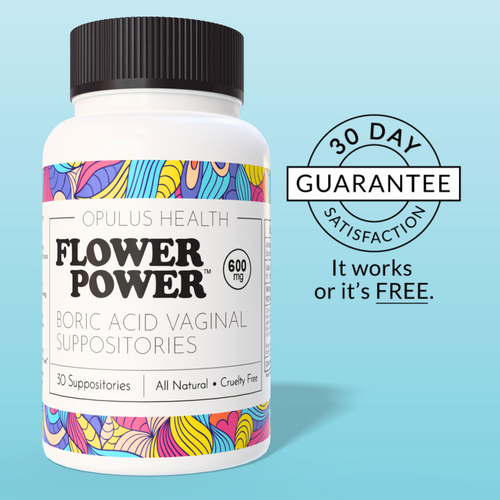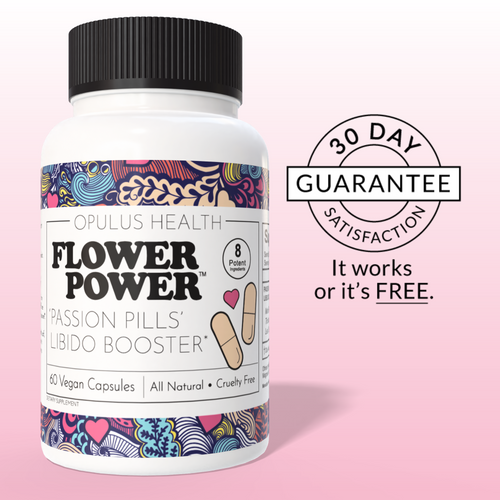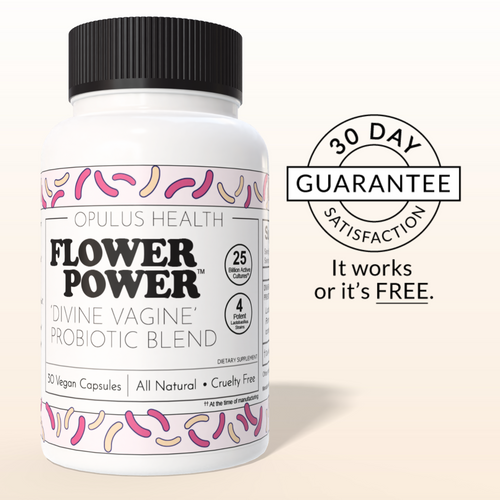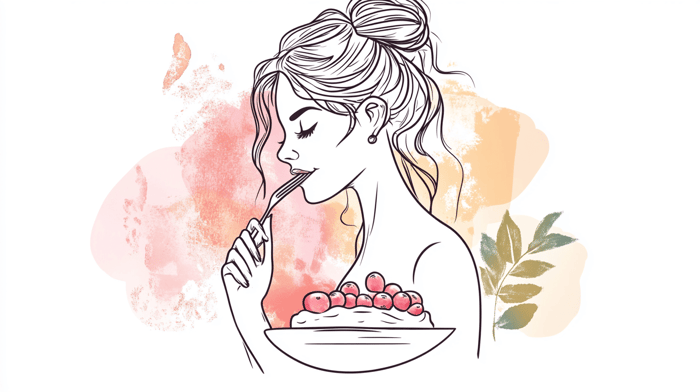We all know the saying, “You are what you eat.” But many women don’t realize that this also applies directly to their vaginal health. What you eat can either help you fight infections or leave you prone to them.
Let’s dive into how your diet plays a role in keeping your vagina healthy.
Your Plate and Your pH
A healthy vagina typically has an acidic pH, ranging from 3.8 to 4.5. This low pH helps create a “toxic” environment for harmful bacteria, which naturally prevents infections.
However, your pH is directly influenced by what you eat. Certain foods can increase your pH levels, making your vagina less acidic and more susceptible to infections like bacterial vaginosis (BV) or yeast infections.
Processed foods, excessive sugars, and caffeine are known to disrupt vaginal pH, so reducing these may help maintain a healthy balance.
4 Vaginal Health Superfoods
While fruits, veggies, whole grains, and lean proteins are great for overall health, certain foods specifically support vaginal health. Here are four superfoods you should consider adding to your diet:
- Yogurt: Yogurt is a natural probiotic that helps maintain your vaginal pH by supporting healthy bacteria growth.
- Cranberries: Cranberry juice can help reduce urinary tract infections by preventing harmful bacteria from sticking to the urinary tract walls.
- Garlic: Garlic has antimicrobial properties that fight unhealthy bacteria and yeast infections. However, avoid inserting garlic directly into the vagina.
- Leafy Greens: Rich in vitamins A and C, leafy greens boost immunity and improve blood circulation, helping to prevent vaginal dryness.
Foods to Avoid if You Hate BV and Yeast Infections
Indulging occasionally is fine, but some foods could wreak havoc on your vaginal health, especially if you're prone to infections:
- Excess Sugar: Too much sugar can lead to yeast overgrowth and persistent infections.
- Alcohol: Alcohol can dehydrate the body and contribute to vaginal dryness.
- Spicy Foods: For some women, spicy foods can disrupt pH balance, leading to irritation.
Remember, every woman is different. What triggers issues for one person may not affect another. The key is to listen to your body and understand how it reacts to different foods.
How Different Diets Impact Vaginal Health
Popular diets can have a variety of effects on vaginal health. Here's what you should know about a few of them:
- Vegan/Vegetarian Diet: High in fruits, veggies, and whole grains, this diet promotes a healthy vaginal microbiome but may lack vitamin B12, which could contribute to vaginal dryness.
- Ketogenic Diet: This low-carb, high-fat diet may increase the risk of bacterial vaginosis due to its high-fat content.
- Paleo Diet: While rich in lean meats and vegetables, the exclusion of grains and dairy may limit important nutrients like calcium and vitamin D, which are vital for vaginal health.
Common Diet-Related Misconceptions
- Misconception 1: “Eating sugar causes yeast infections.”
Fact: A high-sugar diet can contribute to yeast overgrowth, but it doesn't directly cause infections. - Misconception 2: “Pineapple will make you ‘taste’ better.”
Fact: There’s no scientific proof that pineapple or any other food changes how you taste.
Tips for Changing Your Diet
If you want to adjust your diet to improve your vaginal health, here are a few tips to make the process easier:
- Start Slow: Make small changes, like adding more fruits or vegetables to your meals, before making a full transition.
- Drink Plenty of Water: Hydration is key for flushing out toxins and maintaining lubrication.
- Consider Probiotic Supplements: If adding enough probiotics through food is difficult, consider a vaginal health probiotic supplement.
- Listen to Your Body: Every woman’s body is different, so pay attention to how your body reacts to diet changes.
In the end, diet plays a crucial role in maintaining vaginal health. By making thoughtful food choices, you can support not only your overall well-being but also the health of your vagina.











